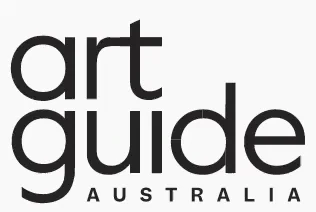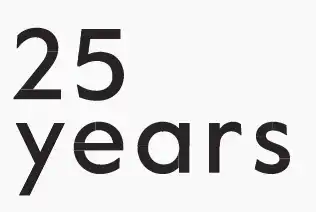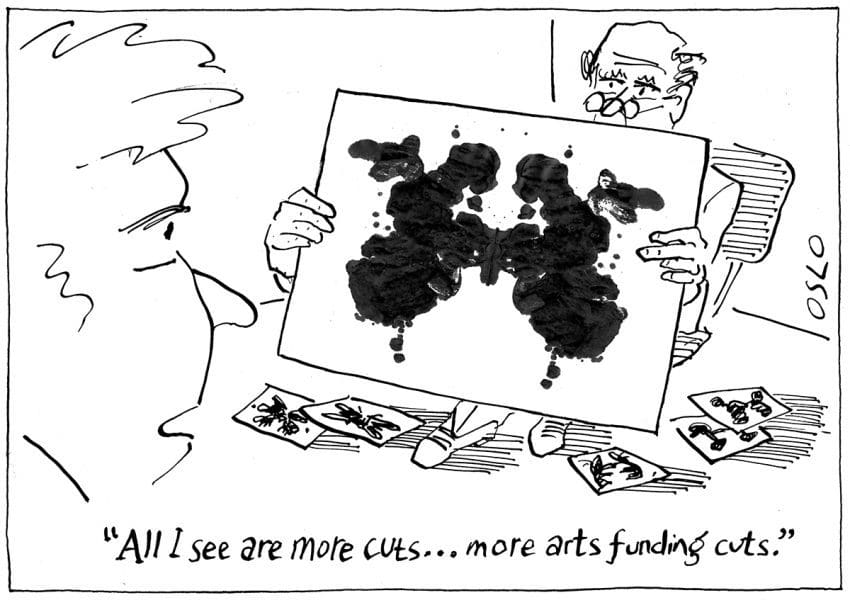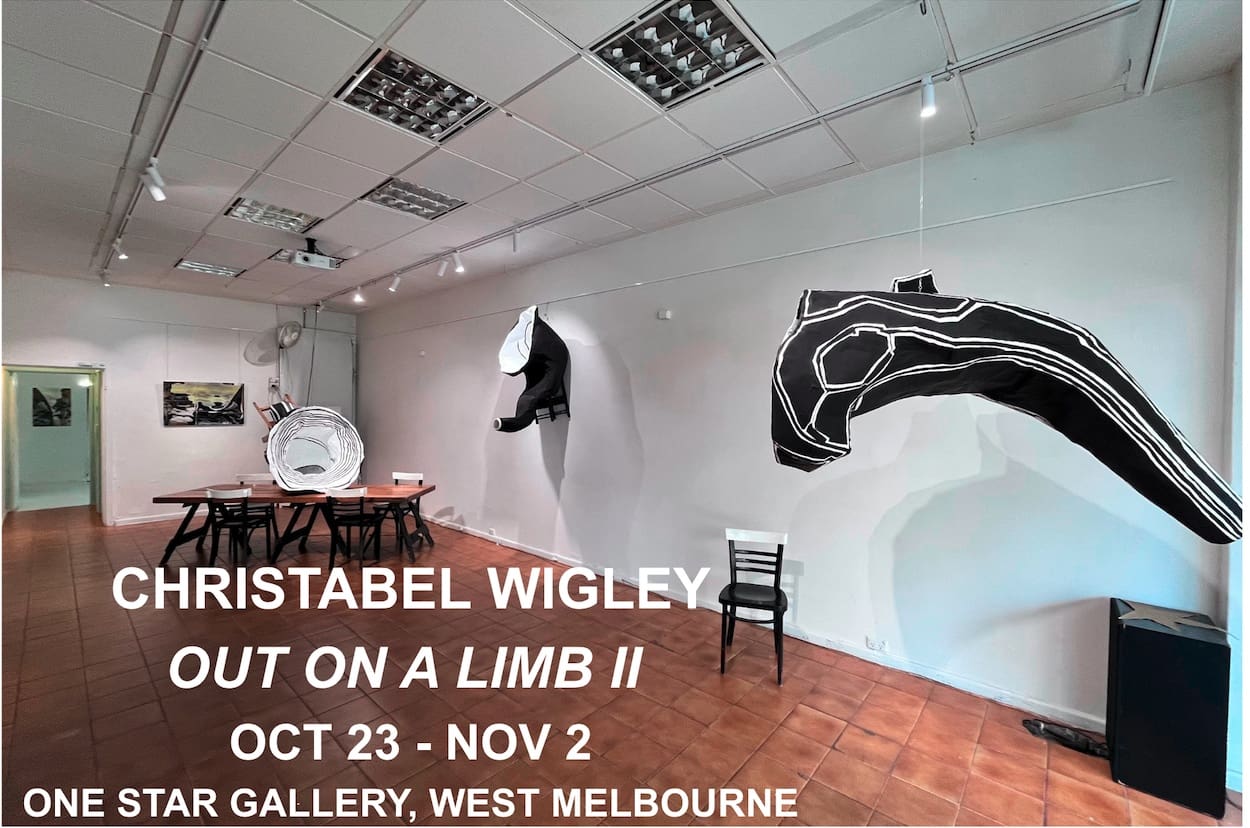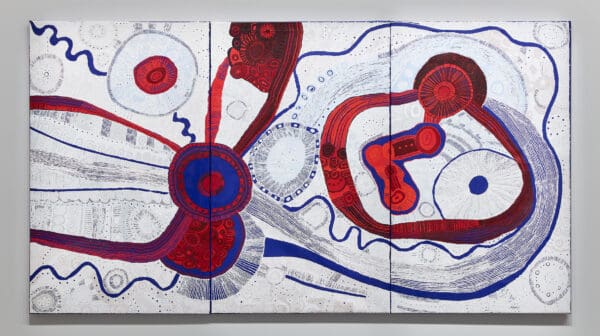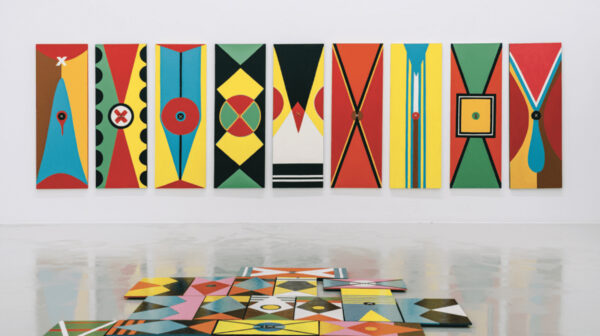When you come to see me professionally you’ll note my consulting rooms have been designed to help you relax. The room is painted in a neutral shade of light blue and it’s deliberately decorated with nothing more than my framed credentials, since any kind of visible art can heighten tension, and tension must be avoided.
The welcoming atmosphere of the room is enhanced by carefully chosen chamomile-lavender scented candles. I’ll sit in a chair while you can sit on the couch, and so we can begin our art therapy session.
I’ll begin with some small talk – How’s the family? Friends? That kind of thing. Then I’ll ask: how was your last solo show? You begin by noting that sales were disappointing and that the payment for the works is actually, all these months later, still pending from the gallery [note: possible financial stress]. That sounds tough – how are you getting by? You begin to tell me that your teaching has dried up and you’re down to just a few sessional jobs spread across several different art schools, but you’re soon diverted into complaining about young people today, and how they just seem to want everything handed to them. Then you begin to discuss one particular student with a wistful longing [note: possible fixation?] before segueing into a discussion on the career of a friend who seems to be getting a lot of exposure.
And how does that make you feel? You tell me that you have known this particular artist since you were at college together and, frankly, they’re just not that talented, not that dedicated and yet, despite these very obvious deficiencies, their career has continued to be strong [note: evasive and defensive]. Sure, but how does that make you feel? You’re disappointed that you haven’t had the same level of success because you’re clearly far more talented, and you had the same opportunities but chose to concentrate on the work instead of blatant career building [note: overly competitive, short-term goals].
I note that I read you’ve recently won an art prize and had a work bought for a museum collection – things must be going well? You’re not convinced. The prize was welcome but has been soured by [art critic] who writes for [well-known magazine] who published a scandalously misinformed review of the show that singled out your work for special attention. Oh, I read that review, I say. That didn’t seem so bad. You recite the offending passage of the review verbatim before segueing into a series of profanity-laden threats in an aggressive but vague manner [note: fluctuating self-esteem, possible alcohol abuse].
We move on to your long-term relationship. How’s all that? You admit that your partner has been an absolute rock through all this and you’re frankly amazed they put up with you – which is why you decided to lash out and buy some expensive jewellery for your partner’s recent birthday to really show them how much you love them [note: definite financial stress, impulse control issues]. You explain that you’re really a low-maintenance partner who only needs the occasional word of support to keep everything hunky-dory [note: ???].
So what’s next? There’s a show looming up in six months and there’s a lot of work to do but there’s the ongoing problem with the gallerist: what to do? Stick with her after all this time or make a brave new step into another gallery in another city, or perhaps experiment with some other form of exhibition model that no one has really done properly yet because, that’d be freedom [note: bargaining]. But, god, so much work to do! And so little money. Cash flow is a problem. And then there’s the matter of the Moosejaw Sculpture Triennial that you’ve been accepted into and so you and your young studio assistant [note: what studio assistant?] will soon be jetting out to Canada to complete the installation before going on a short tour of some of Saskatchewan’s leading art spaces and then visiting the John West Art Collection.
My gentle enquiry about how all this can be afforded when money is apparently tight is brushed aside with the admission that you’re not great with money, but thankfully your partner takes care of all that for you. Anyway, you say, the really exciting development is the new monograph that’s coming out soon and you have some proofs in your bag. Indeed it does look handsome and the reproductions of your work are outstanding – it’s a hardcover with foldouts and half a dozen essays by various leading writers and a foreword by a noted gallery director. All of this must have cost a bomb, I say. Yes, you admit with a smile, you paid for it yourself [note: narcissistic personality disorder].
*The author is not a professional therapist.



